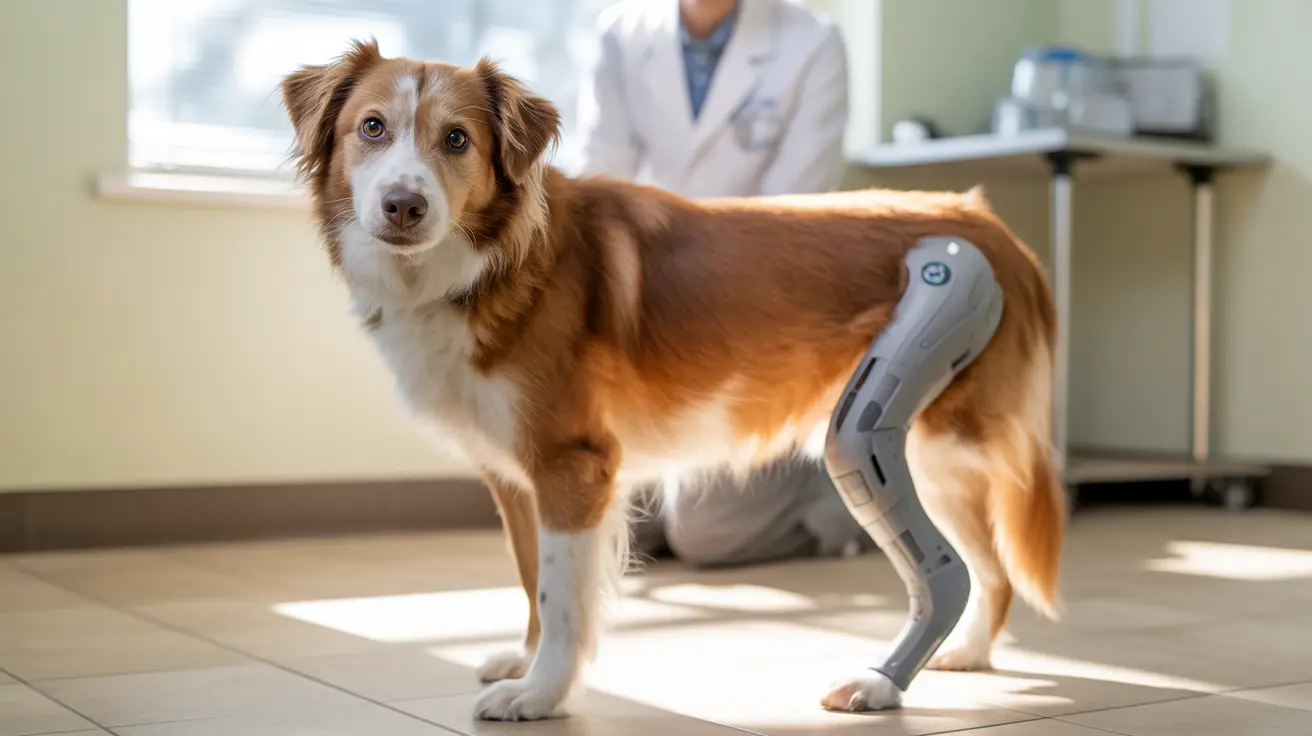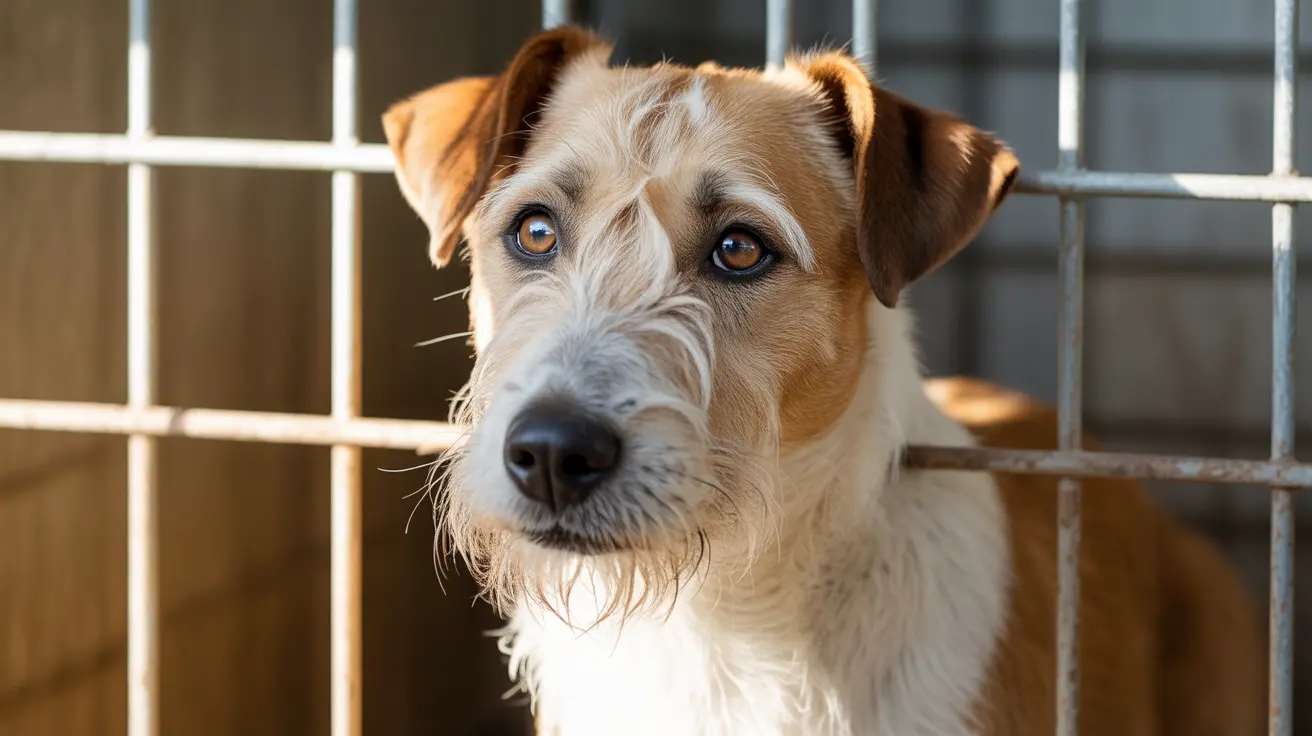Maintaining your dog's dental health through regular at-home cleaning is a crucial aspect of pet care that many owners overlook. With up to 80% of dogs over three years old affected by dental disease, understanding proper dog teeth cleaning at home techniques isn't just about fresh breath—it's about protecting your pet's overall health and potentially saving thousands in veterinary bills.
In this comprehensive guide, we'll explore effective methods for cleaning your dog's teeth at home, from daily brushing techniques to natural alternatives that can help maintain your pet's oral health. We'll also discuss when professional intervention might be necessary and how to make dental care a stress-free experience for both you and your furry friend.
Essential Tools for Dog Dental Care
Before starting your dog's dental care routine, gather these essential items:
- Dog-specific toothbrush or finger brush
- Pet-safe toothpaste (never use human toothpaste)
- Dental wipes for quick cleaning
- Vet-approved dental chews
- Dental water additives
The Proper Brushing Technique
Brushing your dog's teeth is the most effective method of at-home dental care. Here's how to do it right:
Getting Started
Begin by letting your dog taste the toothpaste. Once comfortable, gently lift their lips and brush in small, circular motions at a 45-degree angle. Focus on the outer surfaces where plaque tends to accumulate most.
Establishing a Routine
Start with short sessions of 30 seconds and gradually increase duration. Aim for daily brushing, but even 2-3 times per week can make a significant difference in preventing dental disease.
Alternative Cleaning Methods
Dental Wipes and Sprays
For dogs resistant to brushing, dental wipes offer a practical alternative. While not as effective as brushing, they can help remove food particles and plaque through mechanical cleaning.
Natural Cleaning Options
Several natural methods can supplement your dog's dental care routine:
- Raw bones (never cooked)
- Dental chew toys
- Enzyme-based products
- Natural dental gels
Warning Signs of Dental Problems
Watch for these indicators that your dog needs professional dental care:
- Persistent bad breath
- Red or swollen gums
- Visible tartar buildup
- Difficulty eating or chewing
- Pawing at the mouth
- Excessive drooling
Professional Cleaning Considerations
While home care is essential, professional cleanings may still be necessary. These typically cost between $500-$3,000 and require anesthesia. Regular home care can help reduce the frequency of these professional cleanings.
Frequently Asked Questions
How do I properly brush my dog's teeth at home without causing discomfort?
Start slowly by getting your dog used to having their mouth touched. Use a dog-specific toothbrush and toothpaste, and brush gently at a 45-degree angle. Reward your pet with treats and praise to create positive associations.
What natural alternatives to tooth brushing can help keep my dog's teeth clean?
Natural alternatives include raw bones, dental chews, coconut oil, and enzyme-based products. Always supervise your dog with these items and choose products approved by the Veterinary Oral Health Council.
How often should I clean my dog's teeth at home to prevent dental disease?
Daily brushing is ideal, but even 2-3 times per week can significantly help prevent dental disease. Consistency is more important than frequency.
What are the signs that my dog needs professional dental cleaning instead of home care?
Signs include persistent bad breath, yellow or brown teeth, bleeding or swollen gums, loose teeth, difficulty eating, or visible tartar buildup that won't come off with home cleaning.
Can I use human toothpaste or homemade remedies to clean my dog's teeth safely?
Never use human toothpaste as it contains ingredients toxic to dogs, like xylitol. Stick to veterinary-approved dog toothpaste and consult your vet before trying homemade remedies.
Conclusion
Regular dog teeth cleaning at home is a vital investment in your pet's health and well-being. By establishing a consistent dental care routine and staying alert to potential problems, you can help ensure your dog maintains healthy teeth and gums throughout their life. Remember that while home care is essential, it should complement, not replace, regular veterinary dental check-ups.






